Ellagic Acid
$0.01
Ellagic acid is a naturally occurring polyphenolic compound found in various fruits, particularly berries such as strawberries, raspberries, and pomegranates. It is known for its potent antioxidant properties and has gained significant attention due to its potential health benefits.
Chemically, ellagic acid is a derivative of gallic acid, and its structure consists of a fused ring system with hydroxyl groups attached to it. This unique structure enables ellagic acid to scavenge and neutralize free radicals, which are highly reactive molecules that can cause cellular damage and contribute to various diseases.
Beyond its antioxidant activity, ellagic acid has shown anti-inflammatory effects, antimicrobial properties, and the ability to inhibit the growth of certain cancer cells. It has also been studied for its potential in preventing DNA damage, reducing cholesterol levels, and enhancing cardiovascular health.
Furthermore, ellagic acid exhibits promising effects on skin health. It may help protect against UV-induced skin damage, reduce the signs of aging, and promote wound healing. It has been utilized in various skincare products for its potential to improve skin texture and appearance.
While more research is needed to fully understand the extent of ellagic acid’s benefits, its natural occurrence in several fruits and its potential therapeutic properties make it an intriguing compound worthy of scientific exploration and further investigation.
Uses of Ellagic acid
Antioxidant:
Ellagic acid is primarily recognized for its potent antioxidant properties. It helps neutralize harmful free radicals in the body, protecting cells from oxidative stress and damage. This antioxidant activity makes it beneficial for overall health and potentially reducing the risk of chronic diseases.
Cancer Prevention and Treatment:
Ellagic acid has been extensively studied for its potential anticancer effects. It has shown promise in inhibiting the growth of cancer cells, inducing apoptosis (programmed cell death) in cancer cells, and suppressing the formation of tumors. It is particularly investigated for its potential role in preventing cancers of the breast, prostate, colon, lung, and skin.
Skin Health:
Ellagic acid is utilized in various skincare products due to its beneficial effects on the skin. It helps protect against UV-induced skin damage, reduces inflammation, and promotes collagen synthesis, which can improve skin elasticity and reduce the appearance of wrinkles. It is often included in anti-aging creams, serums, and sunscreen formulations.
Anti-Inflammatory Effects:
Ellagic acid has demonstrated anti-inflammatory properties in preclinical studies. It can help reduce inflammation by inhibiting the activity of certain enzymes and modulating inflammatory signaling pathways. This makes it potentially beneficial for conditions characterized by chronic inflammation, such as arthritis, cardiovascular disease, and inflammatory bowel disease.
Antimicrobial Agent:
Ellagic acid exhibits antimicrobial activity against various pathogens, including bacteria and fungi. It may help inhibit the growth of harmful microorganisms and contribute to the prevention and treatment of infections.
Heart Health:
Studies suggest that ellagic acid may have cardio-protective effects. It has been shown to reduce cholesterol levels, improve blood vessel function, and prevent the oxidation of LDL (bad) cholesterol, which is a critical factor in the development of atherosclerosis and cardiovascular diseases.

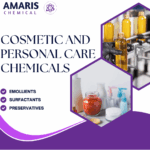
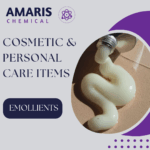 Emollients
Emollients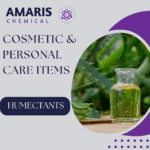 Humectants
Humectants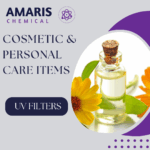 UV Filters
UV Filters Surfactants (cosmetic)
Surfactants (cosmetic) Preservatives (cosmetic)
Preservatives (cosmetic)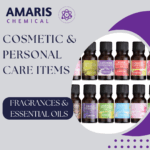 Fragrances and Essential Oils
Fragrances and Essential Oils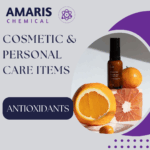 Antioxidants (cosmetics)
Antioxidants (cosmetics)
 Solvents (lab)
Solvents (lab) Chromatography Chemicals
Chromatography Chemicals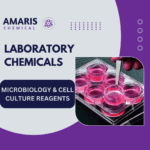 Microbiology and Cell Culture Reagents
Microbiology and Cell Culture Reagents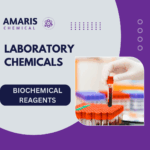 Biochemical Reagents
Biochemical Reagents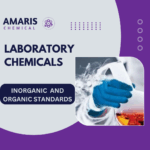 Inorganic and Organic Standards
Inorganic and Organic Standards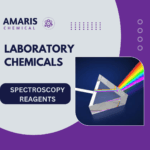 Spectroscopy Reagents
Spectroscopy Reagents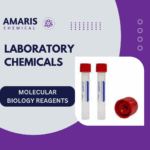 Molecular Biology Reagents
Molecular Biology Reagents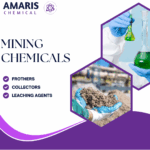
 Precious Metal Extraction Agents
Precious Metal Extraction Agents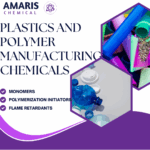
 Plasticizers
Plasticizers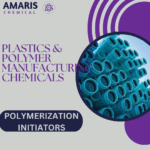 Polymerization Initiators
Polymerization Initiators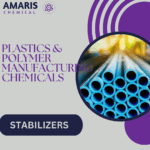 Stabilizers
Stabilizers Monomers
Monomers Fillers and Reinforcements
Fillers and Reinforcements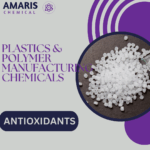 Antioxidants (plastics)
Antioxidants (plastics)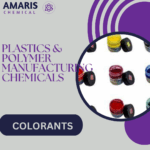 Colorants (plastic pigments,Dyes)
Colorants (plastic pigments,Dyes)
 Fertilizers
Fertilizers Plant Growth Regulators
Plant Growth Regulators Soil Conditioners
Soil Conditioners Animal Feed Additives
Animal Feed Additives Biostimulants
Biostimulants
 Dough Conditioners
Dough Conditioners Flour Treatments
Flour Treatments Fat Replacers
Fat Replacers Preservatives (baking)
Preservatives (baking)
 Surfactants (cleaning)
Surfactants (cleaning) Builders
Builders Bleaching Agents
Bleaching Agents Enzymes
Enzymes Solvents (cleaning)
Solvents (cleaning) Fragrances
Fragrances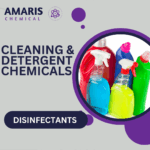 Disinfectant
Disinfectant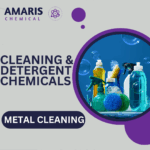 Metal cleaning
Metal cleaning
 Binders/Resins
Binders/Resins Pigments
Pigments Solvents (paint)
Solvents (paint) Additives
Additives Driers
Driers Anti-Corrosion Agents
Anti-Corrosion Agents Specialty Coatings
Specialty Coatings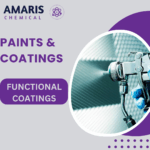 Functional Coatings
Functional Coatings Application-Specific Coatings
Application-Specific Coatings
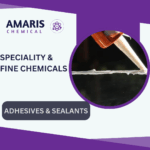 Sealants and Adhesives
Sealants and Adhesives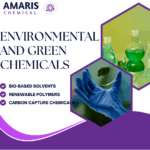
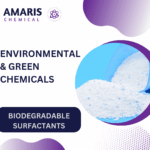 Biodegradable Surfactants
Biodegradable Surfactants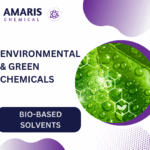 Bio-based Solvents
Bio-based Solvents Renewable Polymers
Renewable Polymers Carbon Capture Chemicals
Carbon Capture Chemicals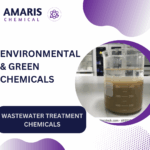 Wastewater Treatment Chemicals
Wastewater Treatment Chemicals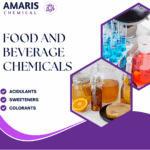
 Preservatives (food)
Preservatives (food) Flavor Enhancers
Flavor Enhancers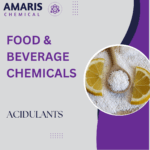 Acidulants
Acidulants Sweeteners
Sweeteners Emulsifiers
Emulsifiers Antioxidants (food)
Antioxidants (food) Colorants (food)
Colorants (food) Nutrient Supplements
Nutrient Supplements Nutraceutical Ingredients
Nutraceutical Ingredients
 Fresh Herbs
Fresh Herbs Whole Spices
Whole Spices Ground Spices
Ground Spices Spice Blends
Spice Blends
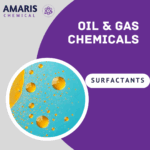 Surfactants(oil)
Surfactants(oil)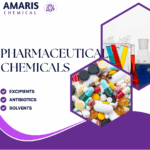
 Antibiotics
Antibiotics Active Pharmaceutical Ingredients
Active Pharmaceutical Ingredients Excipients
Excipients Vaccine Adjuvants
Vaccine Adjuvants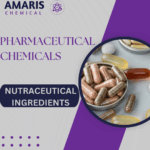 Nutraceutical Ingredients
Nutraceutical Ingredients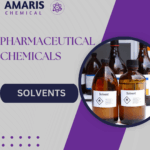 Solvents (pharmaceutical)
Solvents (pharmaceutical)
 Automotive chemicals
Automotive chemicals Pyrotechnic Chemicals
Pyrotechnic Chemicals
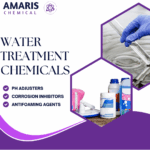

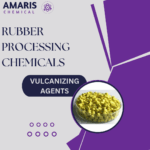 Vulcanizing Agents
Vulcanizing Agents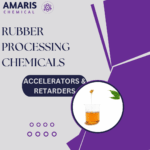 Accelerators & Retarders
Accelerators & Retarders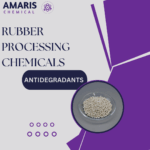 Antidegradants
Antidegradants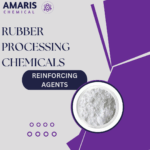 Reinforcing Agents
Reinforcing Agents Plasticizers & Softeners
Plasticizers & Softeners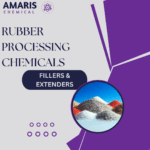 Fillers & Extenders
Fillers & Extenders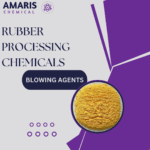 Blowing Agents
Blowing Agents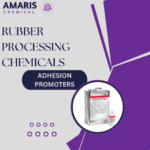 Adhesion Promoters
Adhesion Promoters

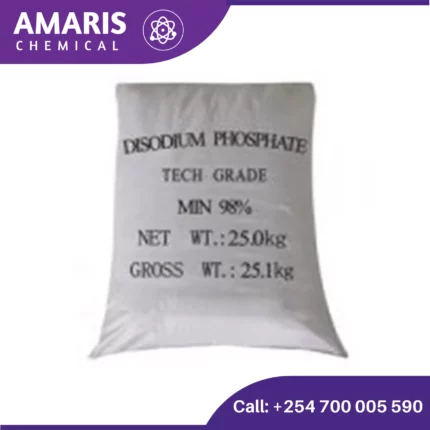
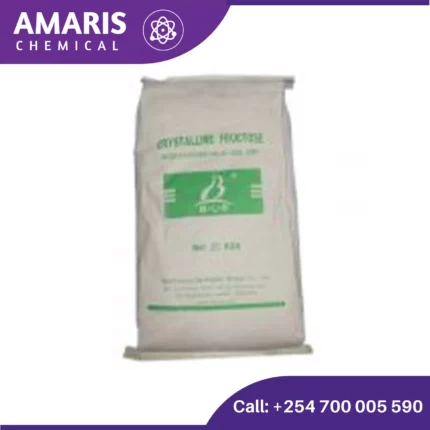
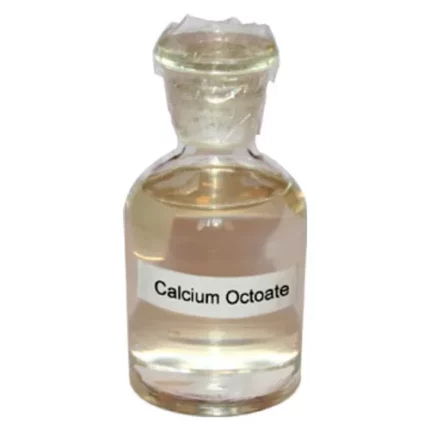
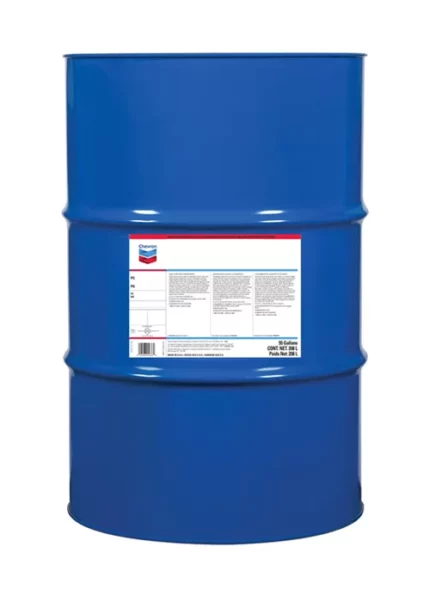


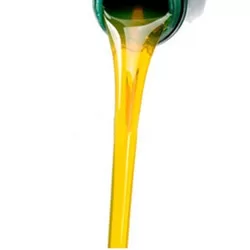
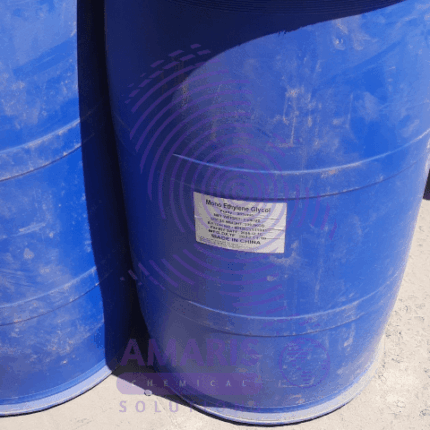
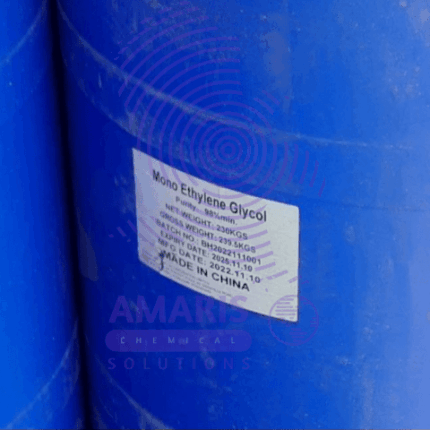
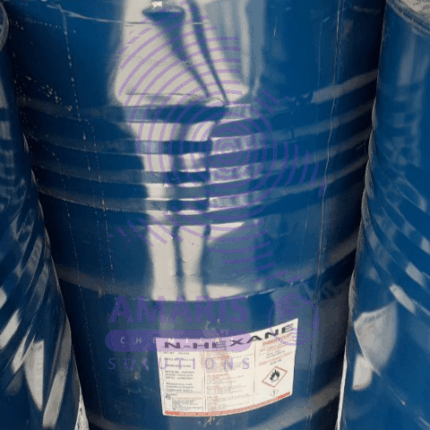
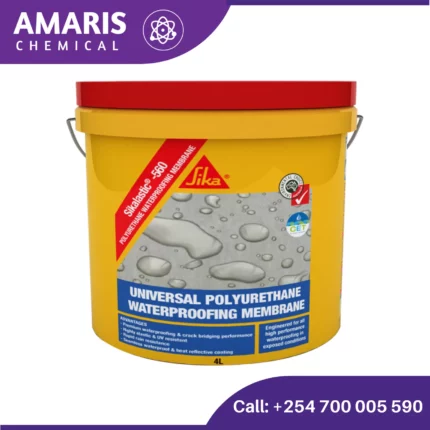













Reviews
There are no reviews yet.